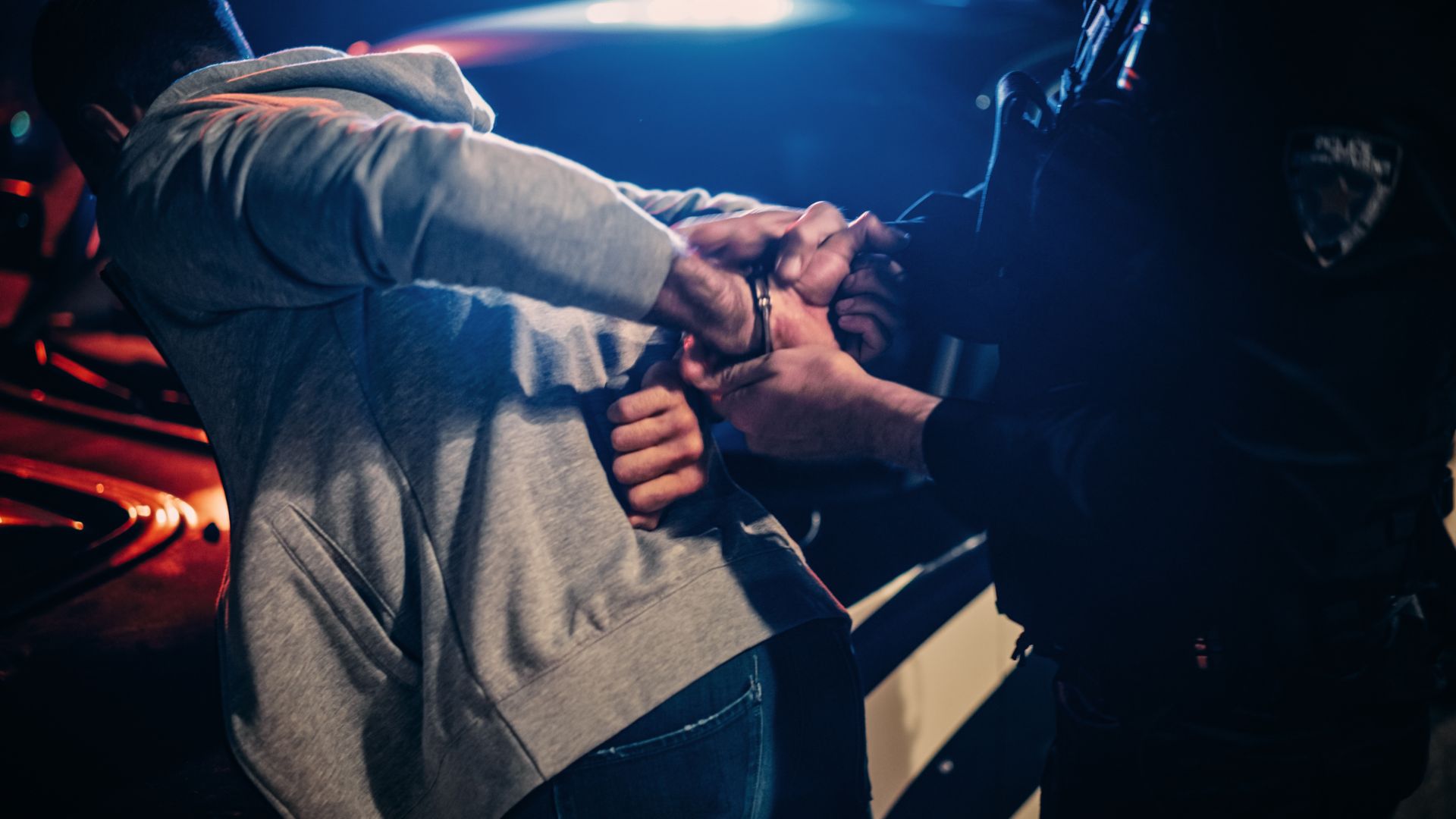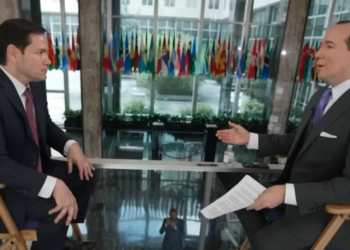
The Supreme Court on Monday issued a 6-3 decision siding with the Trump administration’s authority to conduct immigration-related stops in the Los Angeles area, overturning restrictions imposed by a lower court.
DHS statement to @FoxNews:
“A win for the safety of Californians and the rule of law. DHS law enforcement will not be slowed down and will continue to arrest and remove the murderers, rapists, gang members and other criminal illegal aliens that Karen Bass continues to give safe…
— Bill Melugin (@BillMelugin_) September 8, 2025
The case centered on a prior ruling that had barred U.S. immigration officers from conducting investigative stops based on a range of factors, including presence at certain locations, types of employment, language spoken, and apparent race or ethnicity.
With this ruling, DHS can factor in location, Spanish speaking, physical appearance, line of work, and more in their deportation sweeps.
This is a BIG victory!
— Nick Sortor (@nicksortor) September 8, 2025
This Could Be the Most Important Video Gun Owners Watch All Year
Writing in a concurring opinion, Justice Brett Kavanaugh detailed the Court’s reasoning in lifting those restrictions.
The lower court had previously blocked officers from “making investigative stops in the Los Angeles area when the stops are based on the following factors or combination of factors (i) presence at particular locations such as bus stops, car washes, day laborer pickup sites, agricultural sites, and the like; (ii) the type of work one does; (iii) speaking Spanish or speaking English with an accent; and (iv) apparent race or ethnicity,” according to Kavanaugh’s opinion.
Kavanaugh noted the circumstances surrounding immigration enforcement and acknowledged motivations for migration.
“I recognize and fully appreciate that many (not all, but many) illegal immigrants come to the United States to escape poverty and the lack of freedom and opportunities in their home country,” he wrote.
“However, the fact remains that, under the laws passed by Congress and the President, they are acting illegally by remaining in the United States.”
He further explained the consequences of unlawful entry.
“And by illegally immigrating into and remaining in the country, they are not only violating the immigration laws, but also jumping in front of those noncitizens who follow the rules and wait in line to immigrate into the United States through the legal immigration purposes. For those reasons, the interests of illegal immigrants in evading questioning (and thus evading detection of their illegal presence) are not particularly substantial as a legal matter.”
Kavanaugh addressed the impact on individuals who are lawfully present.
“Moreover, as for stops of those individuals who are legally in the country, the questioning in those circumstances is typically brief, and those individuals may promptly go free after making clear to the immigration officers that they are U.S. citizens or otherwise legally in the United States.”
The justice also clarified the threshold for initiating immigration stops. He wrote that the government “must have reasonable suspicion that the individual is illegally present in the United States,” which is “a lesser requirement than probable cause and ‘considerably short’ of the preponderance of the evidence standard.”
“Whether an officer has reasonable suspicion depends on the totality of the circumstances,” Kavanaugh added.
“Here, those circumstances include: that there is an extremely high number and percentage of illegal immigrants in the Los Angeles area; that those individuals tend to gather in certain locations to seek daily work; that those individuals often work in certain kinds of jobs, such as day labor, landscaping, agriculture, and construction, that do not require paperwork and are therefore especially attractive to illegal immigrants; and that many of those illegally in the Los Angeles area come from Mexico or Central America and do not speak much English.”
He emphasized that ethnicity alone cannot justify suspicion but may factor into broader considerations.
“To be clear, apparent ethnicity alone cannot furnish reasonable suspicion; under this Court’s case law regarding immigration stops, however, it can be a ‘relevant factor’ when considered along with other salient factors. Under this Court’s precedents, not to mention common sense, those circumstances taken together can constitute at least reasonable suspicion of illegal presence in the United States.”
Kavanaugh concluded by noting the limits of such encounters.
“Importantly, reasonable suspicion means only that immigration officers may briefly stop the individual and inquire about immigration status. If the person is a U.S. citizen or otherwise lawfully in the United States, that individual will be free to go after the brief encounter. Only if the person is illegally in the United States may the stop lead to further immigration proceedings.”
The ruling effectively restores the Trump administration’s authority to carry out immigration stops in Los Angeles under the standards outlined by the Court.





![Gavin Newsom Threatens to 'Punch These Sons of B*thces in the Mouth' [WATCH]](https://www.right2024.com/wp-content/uploads/2025/08/Gavin-Newsom-Threatens-to-Punch-These-Sons-of-Bthces-in-350x250.jpg)
![ICE Arrests Illegal Alien Influencer During Her Livestream in Los Angeles: ‘You Bet We Did’ [WATCH]](https://www.right2024.com/wp-content/uploads/2025/08/ICE-Arrests-Illegal-Alien-Influencer-During-Her-Livestream-in-Los-350x250.jpg)
![Black BET Billionaire Donor Stuns Democrats, Gives $500K to Winsome Earle-Sears [WATCH]](https://www.right2024.com/wp-content/uploads/2025/08/Black-BET-Billionaire-Donor-Stuns-Democrats-Gives-500K-to-Winsome-350x250.jpg)






